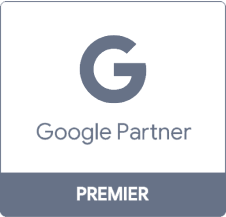What is Ecommerce Local SEO?
GlossaryWhat Is Ecommerce Local SEO and Why Do You Need It? If you’re asking yourself, “What is ecommerce local SEO, and how can it drive revenue for my business?” we’ve got you covered. Just keep reading to learn more! Learn […]
What is Google Business Profile?
GlossaryWhat Is Google Business Profile? [Guide] With more consumers relying on the Internet and Google to find what they need, Google Business Profile (formerly Google My Business), has become an essential tool for companies looking to grow. What is Google […]
What is Enterprise Local SEO?
GlossaryWhat is Enterprise Local SEO? The 4 Best Strategies to Boost Sales Local SEO for enterprises can help boost your online visibility and reach more local customers in your area. With effective local SEO techniques, you can effectively drive more […]
What is B2B Local SEO?
GlossaryWhat Is B2B Local SEO? Your Introduction to Local SEO for B2Bs With four in five consumers using search engines to find local businesses and information, implementing local search engine optimization (SEO) strategies for business-to-business (B2B) companies is a must. […]
What Are Local Citations
What Are Local Citations? Local citations are any online mentions of your business and where it’s located. View our Digital Services








